We were lucky to catch up with C.M. Leyva recently and have shared our conversation below.
C.M., first a big thank you for taking the time to share your thoughts and insights with us today. I’m sure many of our readers will benefit from your wisdom, and one of the areas where we think your insight might be most helpful is related to imposter syndrome. Imposter syndrome is holding so many people back from reaching their true and highest potential and so we’d love to hear about your journey and how you overcame imposter syndrome.
I think most authors can relate to the dreaded imposter syndrome – something I’m experiencing now as I work through edits for the sequel to my debut novel. What I’ve realized is that imposter syndrome is like an elevator of insecurities. When I first started writing, it was pure inspiration and creativity as I crafted a story for myself. Imposter syndrome reared its head for the first time when I decided to show my writing to others. Was it good? Would they judge me for what I wrote? I guess that was the first floor of this metaphorical elevator. I wrote through middle school, high school, and college, experimenting with genres and storytelling techniques. Each time I shared, it became easier and easier. Then, I discovered beta readers and, with that, a new level of imposter syndrome. I wasn’t just sharing for fun anymore; I was sharing to become a better writer by learning my weaknesses. It was terrifying and exhilarating as I watched my writing become stronger. After two rounds of beta readers, I had so much confidence in my writing that I decided to take the next step and query agents. Welcome to imposter syndrome level 3. Querying is an emotional rollercoaster that tests your patience and resilience. I was fortunate my novel found a decent amount of interest in the query trenches, but ultimately, the market timing was off. Luckily, I’m too determined (a.k.a. stubborn) to give up that easily, so I decided to find the market myself and self-publish. Level 4 of imposter syndrome hit when I realized how much work goes into self-publishing, which was quickly followed by level 5 when I sent my ARCs to readers, and then level 6 when I hit publish. You’d think we reached the top, but I’m learning that it’s just the beginning. At the end of the day, imposter syndrome will always make you question whether you can reach the next level, but I think it’s scarier to imagine what would happen if you let it stop you from all the amazing things yet to come.
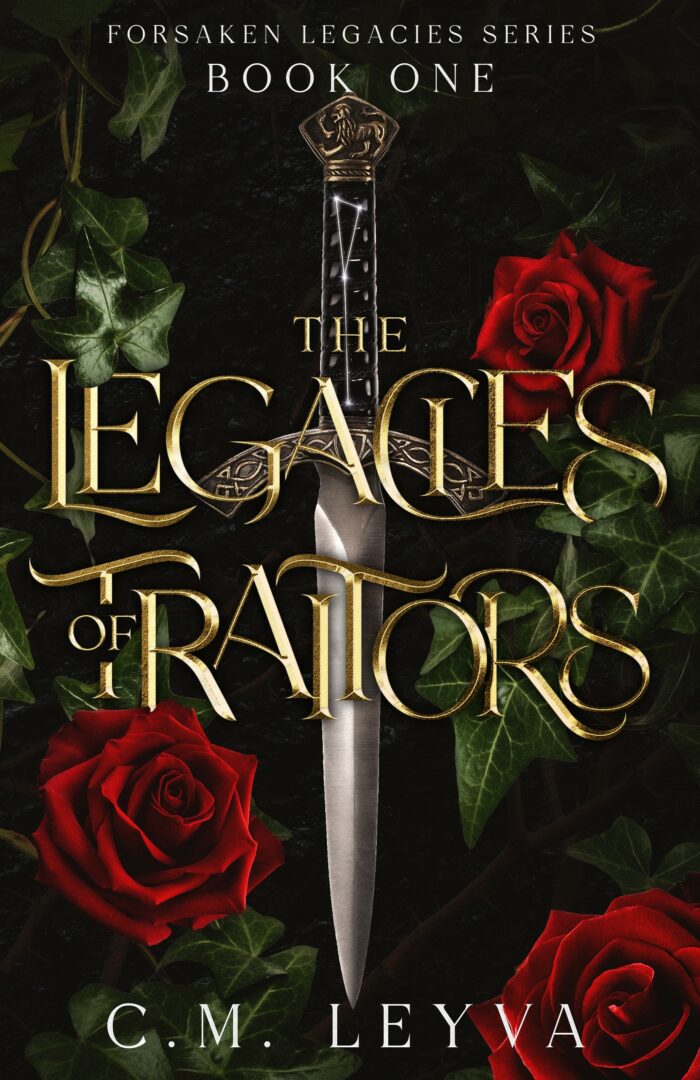
Appreciate the insights and wisdom. Before we dig deeper and ask you about the skills that matter and more, maybe you can tell our readers about yourself?
I’m often asked why I chose to become a writer, but honestly, it feels like it was always a part of me. I started writing when I was 10 years old when my passion for reading turned into a passion for writing. Reading had always been a way to escape, but writing was a way to process and explore. Writing speculative fiction allows me the freedom to write character-driven fiction while also exploring complex social and behavioral systems. My debut novel, The Legacies of Traitors, is the first book in my new adult dystopian series where the daughter of a fallen rebel leader infiltrates the enemy and is pulled into a dangerous game of manipulation, making her question if she’s fighting on the right side of history. It explores moral relativism, manipulation, and the fine line between heroes and villains.
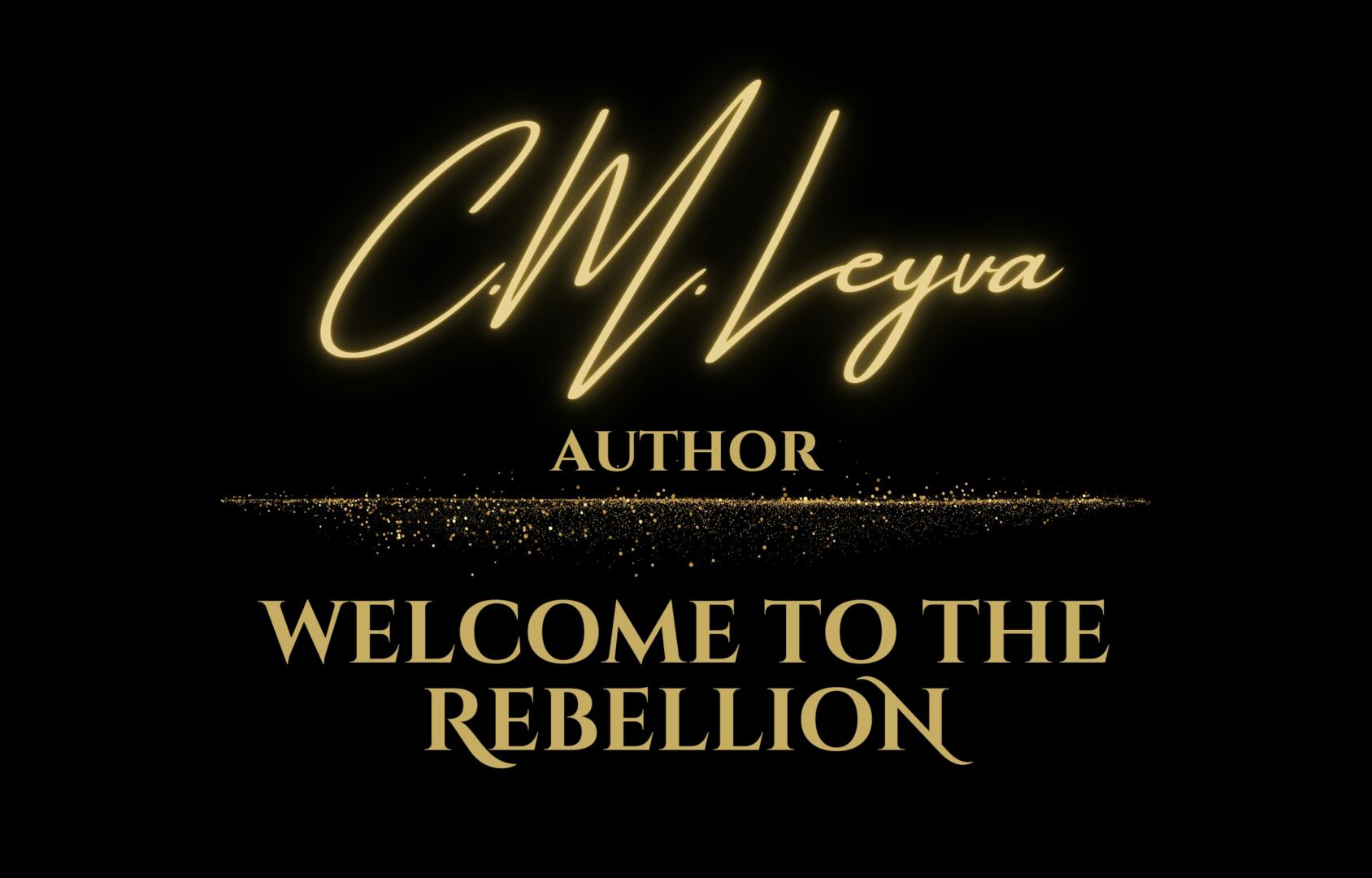
There is so much advice out there about all the different skills and qualities folks need to develop in order to succeed in today’s highly competitive environment and often it can feel overwhelming. So, if we had to break it down to just the three that matter most, which three skills or qualities would you focus on?
I think everyone’s publishing journey is different, which is what makes it such an amazing experience. What helped me is my desire to grow and look at setbacks as learning experiences and critiques as opportunities to become a better writer. Even with that, determination (a.k.a. stubbornness) motivated me to self-publish despite the setbacks I faced. Finally, I think one of the most important qualities is gratitude. I could spend every waking moment comparing myself to others and feeling like I’m not enough, or I can be grateful for every person who decided to pick up my book, leave a review, and/or support me along the way. There are hundreds of qualities and skills we could add to this list, but those I think have helped me the most so far.
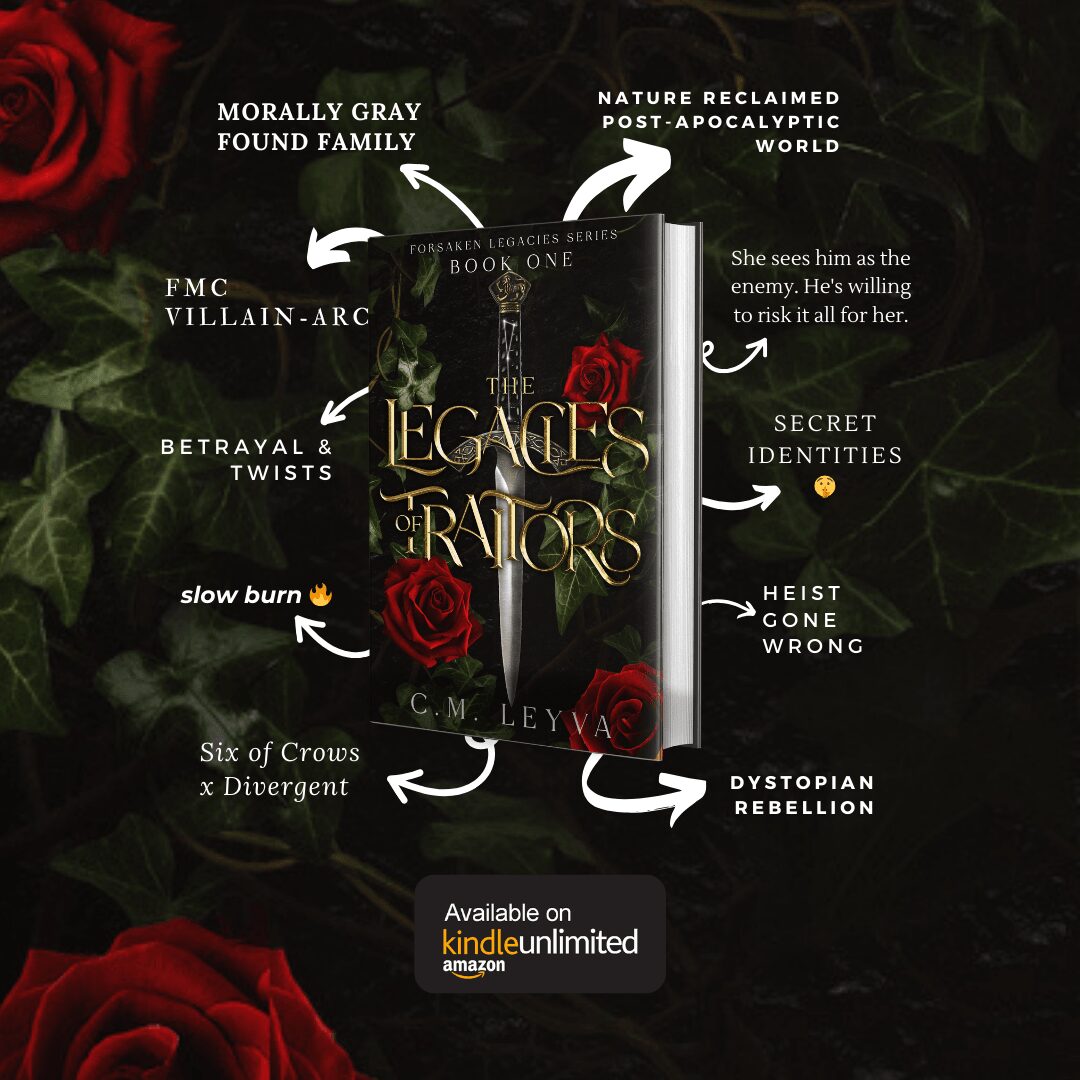
One of our goals is to help like-minded folks with similar goals connect and so before we go we want to ask if you are looking to partner or collab with others – and if so, what would make the ideal collaborator or partner?
I’m always looking for new readers on Bookstagram or Booktok who would like to collaborate. You can visit my website (www.cmleyvaauthor.com) to check out a free first chapter sneak peek and contact me either directly through my website or DM me on Instagram (@cmleyvaauthor).
Contact Info:
- Website: https://www.cmleyvaauthor.com
- Instagram: @cmleyvaauthor
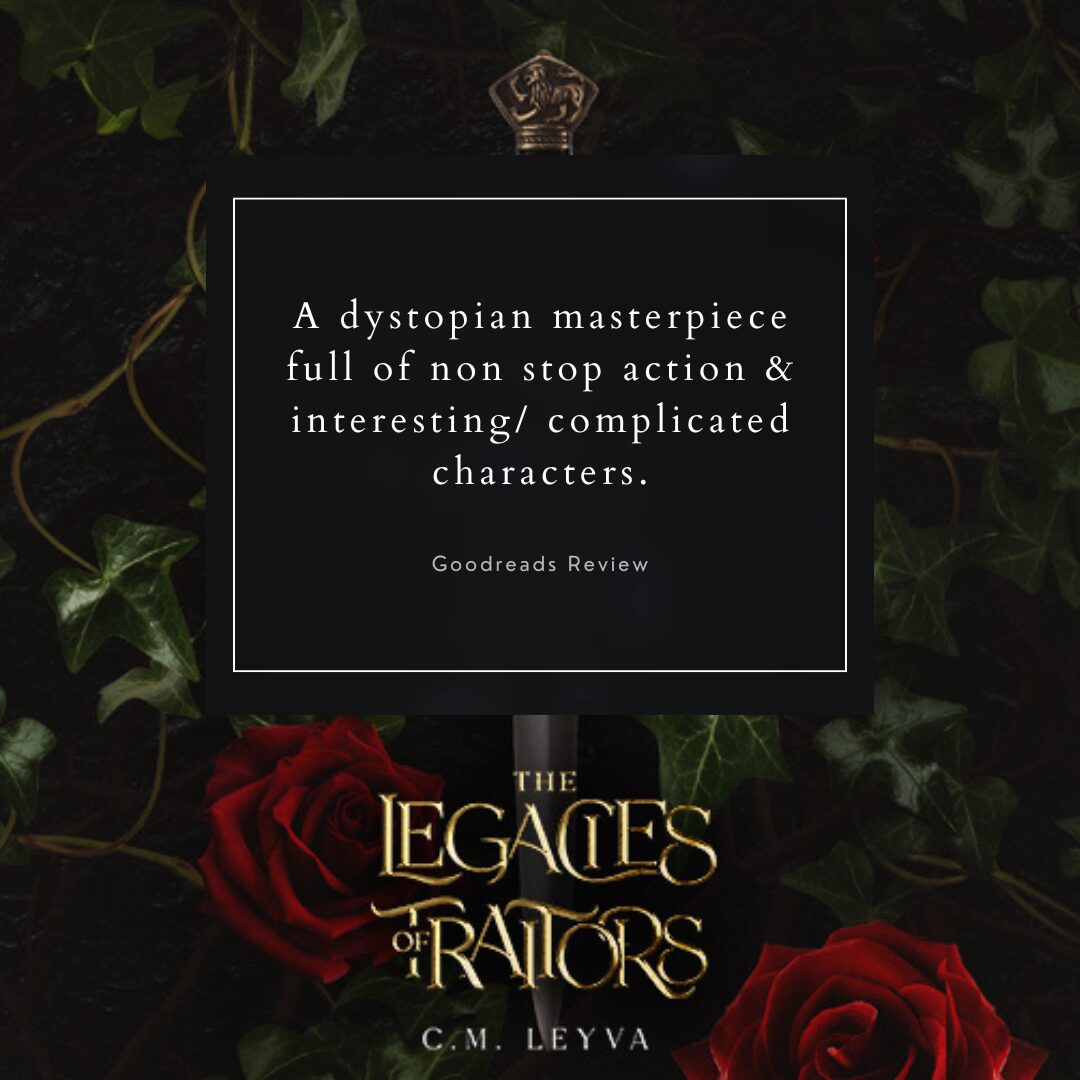
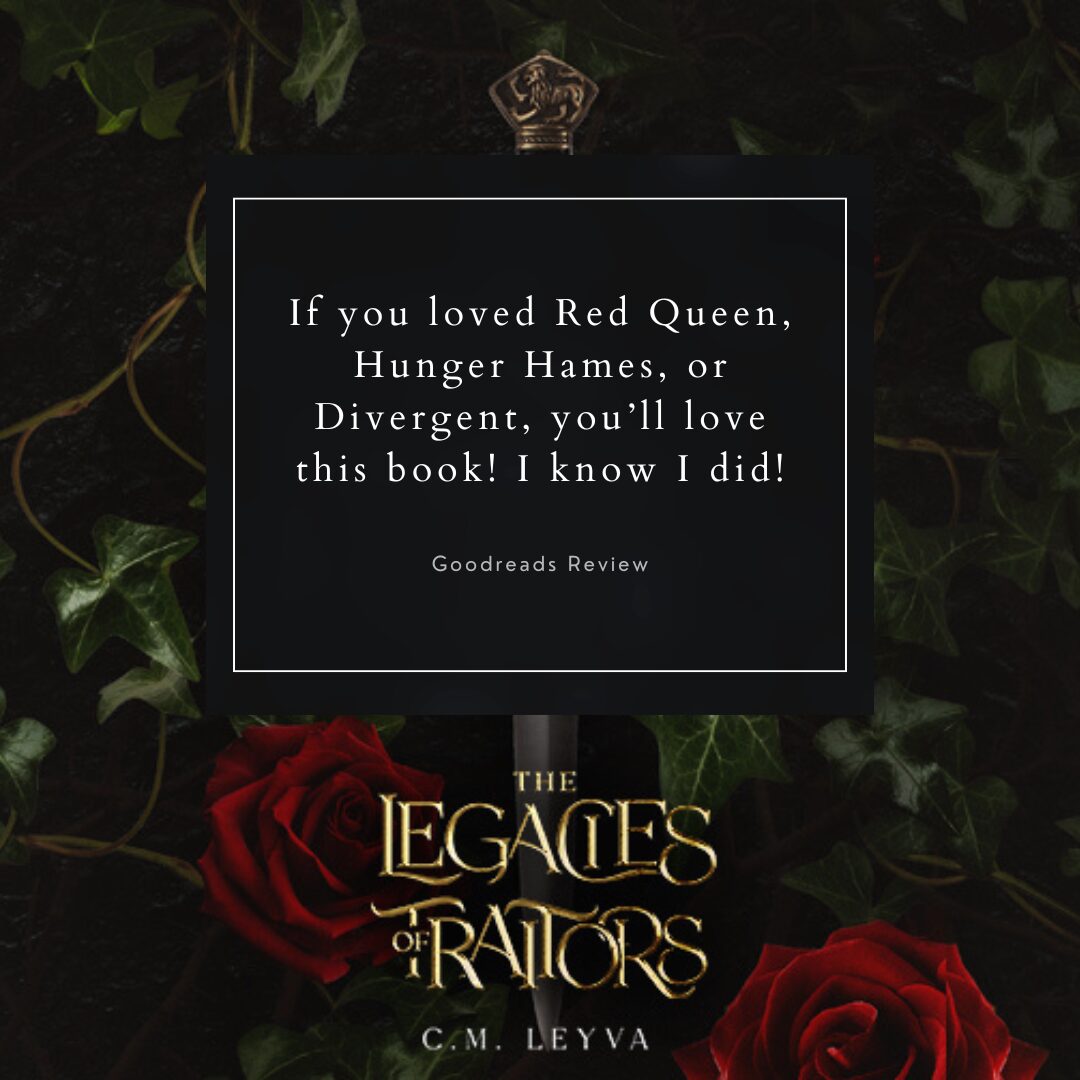
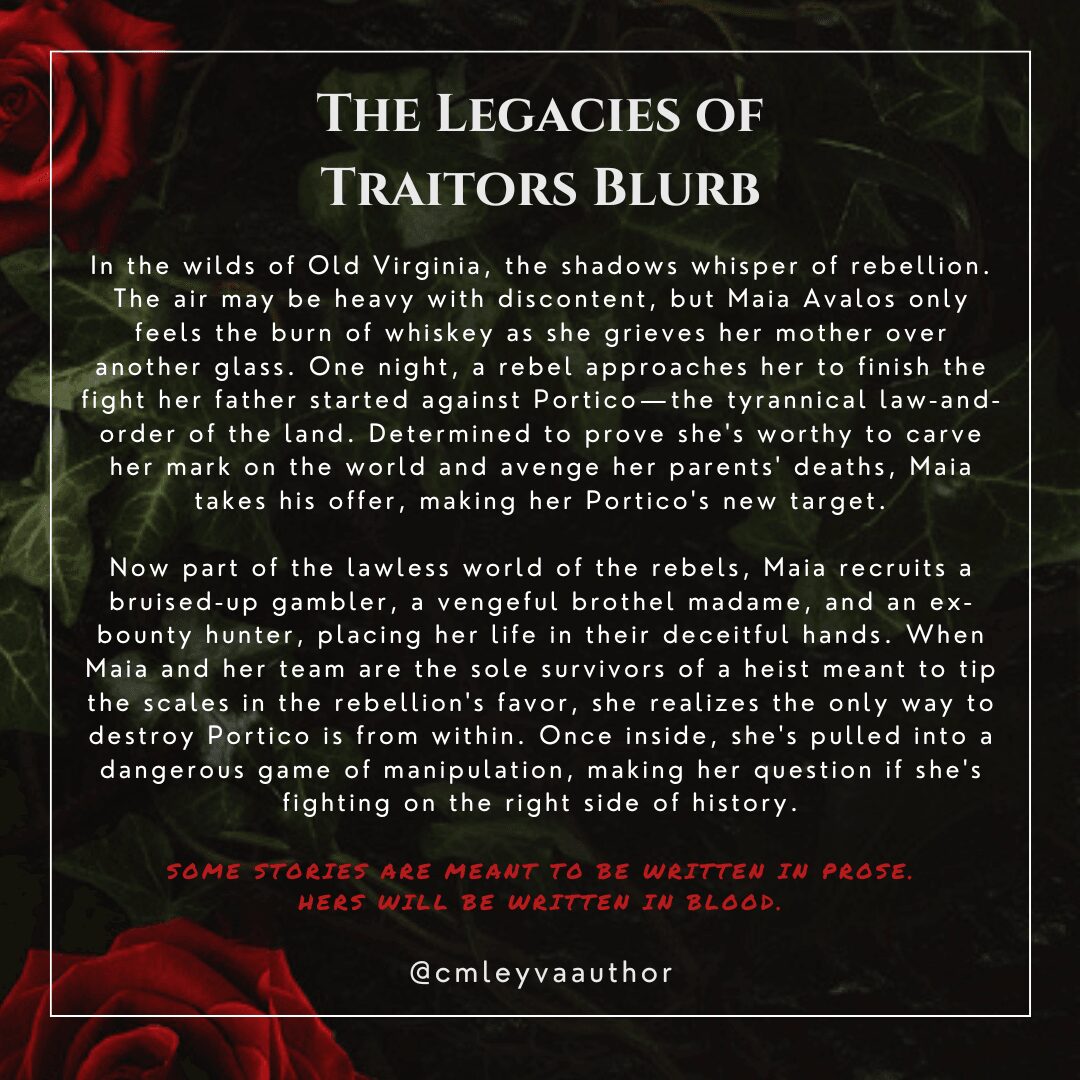
so if you or someone you know deserves recognition please let us know here.




